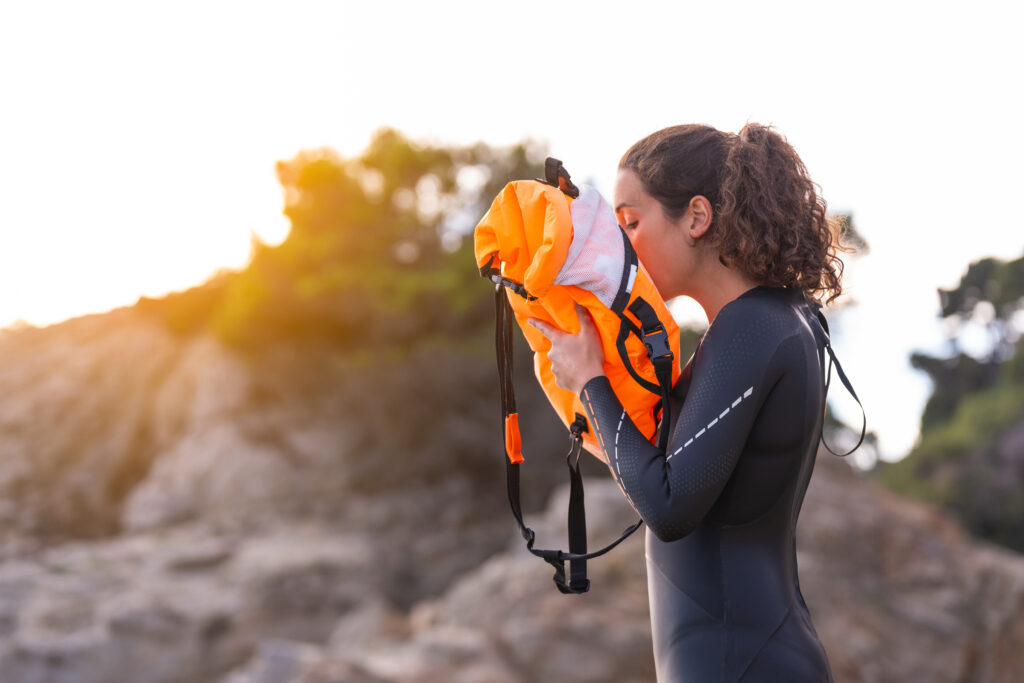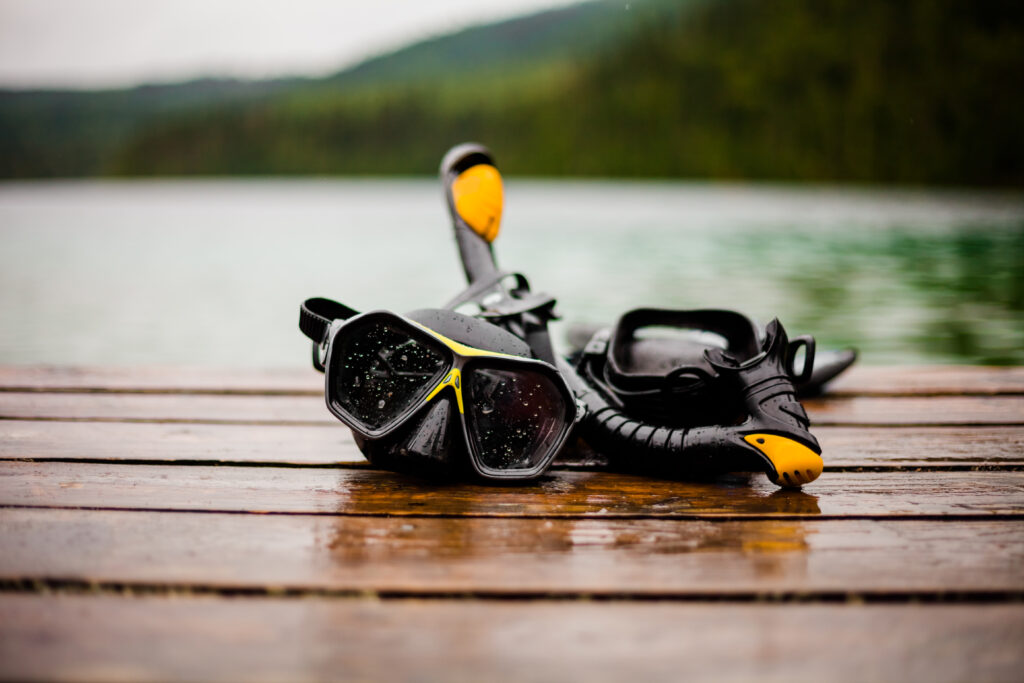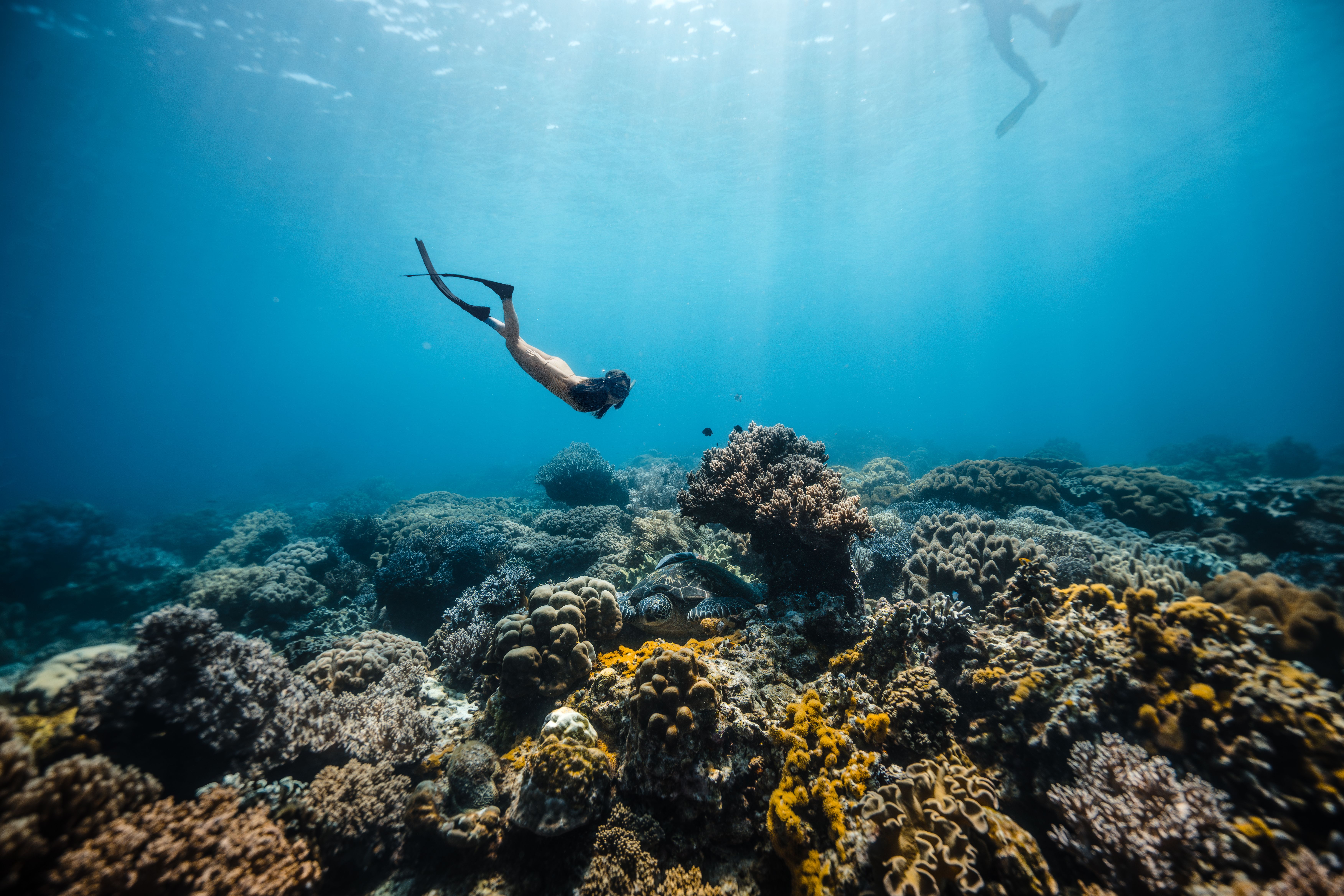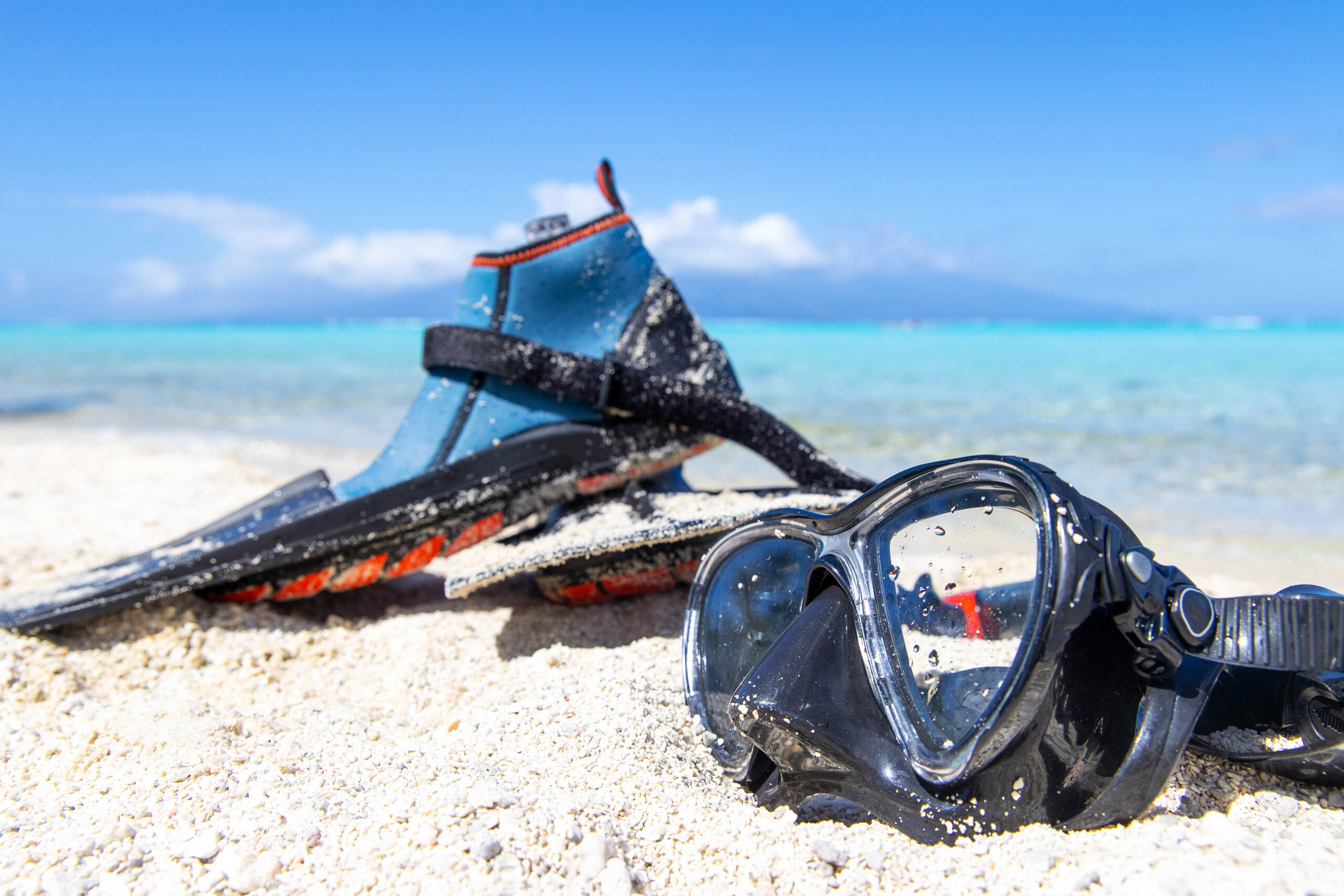Freediving offers a unique and intimate encounter with the underwater world. Whether you’re gliding through coral reefs or exploring marine life, the experience is incomparable. But, once you emerge from the depths, the attention you give to your freediving gear is crucial for its longevity and performance. Proper dive equipment care not only preserves your investment but also ensures safety for your future dives. Here, we will explore the top things you should do after a dive to keep your freediving gear in tip-top shape.

Immediate Post-Dive Gear Care
After each dive, immediate care of your equipment is essential to prevent damage and corrosion caused by saltwater, chlorine, sand, and other elements. Here’s what you need to do right away:
Rinse Thoroughly With Fresh Water
As soon as possible after exiting the water, thoroughly rinse all of your gear with fresh, clean water. Salt and chlorine can degrade materials over time, so it’s critical to rinse off these substances promptly. Pay special attention to zippers, buckles, and metal parts that are particularly susceptible to corrosion.
Inspect for Damage
Look over your gear carefully for any signs of wear or damage, such as tears or cracks. If you find any issues, it’s important to address them before your next dive to avoid equipment failure.
Dry Gear Completely
After rinsing, allow your gear to dry completely in a shaded, well-ventilated area. Sunlight can damage and fade materials, so it’s best to avoid direct UV exposure for prolonged periods.
Deep Cleaning and Maintenance
While immediate rinsing is crucial, your gear also benefits from regular deep cleaning and maintenance to keep it in the best condition.
Wetsuits and Neoprene Accessories
Neoprene items like wetsuits, gloves, and socks should be cleaned with a wetsuit shampoo or a mild detergent designed for dive gear. After washing, rinse thoroughly and hang them inside out to dry, then turn them right-side out to ensure all areas are completely dry.
Masks, Snorkels, and Fins
These items should be soaked in a mild detergent solution to remove any buildup or residue. For masks, take care to clean the skirt and strap, as well as the lens, with a soft cloth to prevent scratches. Snorkels and fins should be wiped down and inspected for any signs of stress or brittleness.
Weight Belts and Dive Computers
Weight belts should be rinsed and inspected for any signs of wear. Dive computers require special attention; rinse them carefully and check the manufacturer’s guide for specific maintenance tips, such as battery replacement intervals and O-ring care.
Storage Solutions for Dive Gear
Storing your gear properly can significantly extend its life. Here are some tips for optimal storage:
Avoid Heat and Sunlight
Store your gear in a cool, dry place away from direct sunlight. Heat can degrade materials and cause glues and seals to fail.
Hang or Lay Flat
Wetsuits should be hung on a wide hanger to prevent creases and stretching. Masks, fins, and snorkels are best stored flat to maintain their shape.
Keep Gear Separate
To prevent color transfer and abrasion, store items separately or with a protective layer between them.
Seasonal and Long-Term Gear Care
If you’re taking a break from freediving, long-term care of your equipment is key. Here are some steps to follow:
Clean and Inspect
Give all gear a thorough cleaning and inspection. Repair or replace any damaged parts before storing.
Lubricate Zippers and O-Rings
Apply zipper lubricant to wetsuit zippers and silicone grease to O-rings on dive computers and cameras to keep them supple and maintain a good seal.
Store in a Controlled Environment
Choose a storage space with a consistent temperature and low humidity to prevent mold and mildew growth.

Addressing Common Freediving Gear Issues
Freediving gear can face specific issues that require attention. Let’s look at some common problems and solutions:
Foggy Masks
To prevent a mask from fogging, use a commercial anti-fog solution or baby shampoo. Apply it to the inside of the lens before each dive.
Stiff Fins
Fins can become stiff over time. To maintain flexibility, store them flat and avoid stacking heavy items on top.
Bad Odors
Wetsuits and other neoprene items can develop odors if not dried properly. If a smell persists after cleaning, soak the item in a solution of water and baking soda or a specialized deodorizing product.
Tech Tips for Dive Gear Longevity
In today’s world, technology plays a role in freediving gear care as well. Here are some tech tips to consider:
Dive Gear Apps
There are smartphone apps available that can help you track your gear maintenance, remind you of cleaning schedules, and even provide tips for gear care.
Innovative Cleaning Products
Look for new and innovative cleaning products that are eco-friendly and designed specifically for dive gear. These can offer more effective and safer alternatives to traditional cleaning solutions.
Conclusion
The care you give your freediving gear after each dive is a critical step in ensuring its longevity and your safety. By following the guidelines for immediate post-dive care, deep cleaning, storage, and addressing common issues, your gear will be ready for your next underwater adventure. Remember, regular maintenance is not only about protecting your investment; it’s about respecting the ocean by ensuring your gear is clean and free of pollutants each time you dive.
With these care tips, you’ll maximize the performance and lifespan of your dive equipment, allowing you to focus on the breathtaking experience of freediving, with the peace of mind that comes from knowing your gear is in great condition.


